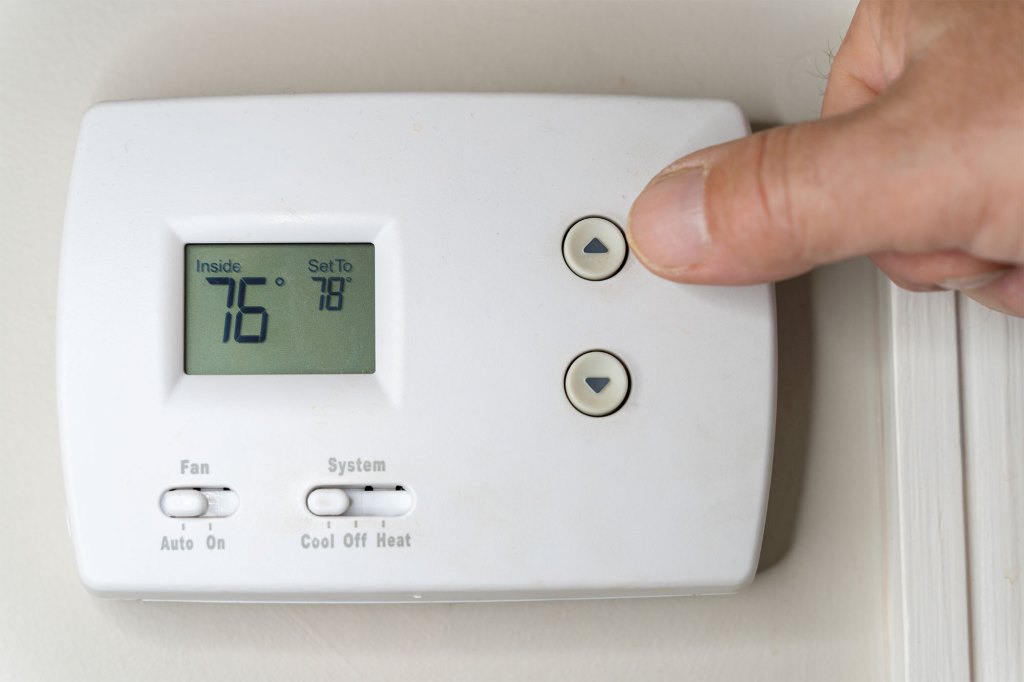Heating your home will be $177 more this winter
NEW YORK – If heating your home was expensive last year, you might want to budget for more this winter – and possibly years to come.
The average cost of home heating is estimated to increase by $177 — roughly 17% — since last winter’s heating season, the National Energy Assistance Directors Association projects. This would be the second year in a row of significant price increases and the highest prices in more than 10 years.
Since 2020, the cost of home energy has increased by more than 35%, according to NEADA data.
“Putin’s invasion of Ukraine on Feb. 24 has a lot to do with this, not exclusively. There are many other factors at play,” said Gernot Wagner, a climate economist at Columbia Business School. “As long as we are dependent on commodities, like oil, coal and especially gas in this case, to heat our homes or power our economy, we will be vulnerable to their price fluctuations.”
And every time they reach highs, utility bills go up, Wagner adds.
“We live in inflationary times,” he said.
Yet some of that is good news, Wagner feels, when looking at the recovery from the economic effects of the pandemic faster than anticipated. And a lot of it is bad news due to high and wildly fluctuating fossil fuel prices and the US’s dependence on them to heat homes and to drive the economy.
“The answer is, and has been for a long time, to get off fossil fuels,” Wagner said.
This is something the Inflation Reduction Act, aptly named, addressed, both on the US dependency on fossil fuels and “fossilflation”– the fact that much of the current inflation is due to rising fossil fuel prices.
“It takes a lot of investment, which is precisely where the Inflation Reduction Act comes in,” he said.
However, the additional costs will fall the hardest on lower-income households, according to Mark Wolfe, executive director of NEADA.
“The rise in home energy costs this winter will put millions of lower-income families at risk of falling behind on their energy bills and having no choice but to make difficult decisions between paying for food, medicine and rent,” Wolfe said in a written statement.
The NEADA sent a letter earlier this month to Congress asking for a $5 billion supplemental increase in the Low Income Home Energy Assistance Program to help cover the higher cost of home heating, as well as home cooling due to increased summer heat waves. The two are indeed linked.

“Our electric grid, in part, runs on natural gas. If we burn more natural gas over the summer to cover peak electricity because of extreme heat, that, too, contributes to higher natural gas prices in the winter,” Wagner said.
For Wagner, the prescription to the cost of rising fossil fuel prices is simply getting off fossil fuels. But it takes time to do that.
“The ultimate fix for fossilflation is getting off fossil fuels. It’s about investing in alternative fuels,” he said.
It’s also about the practical steps that people can do help lower their heating bills.
“That begins with insulating homes,” Wagner said. “The second step: electrify everything.”
But electrifying alone doesn’t do it all either, as America’s electricity supply comes from fossil fuels. Wagner adds the electrical grid needs to be decarbonized.
“That’s the third crucial step here,” he said.
Read the full article Here


